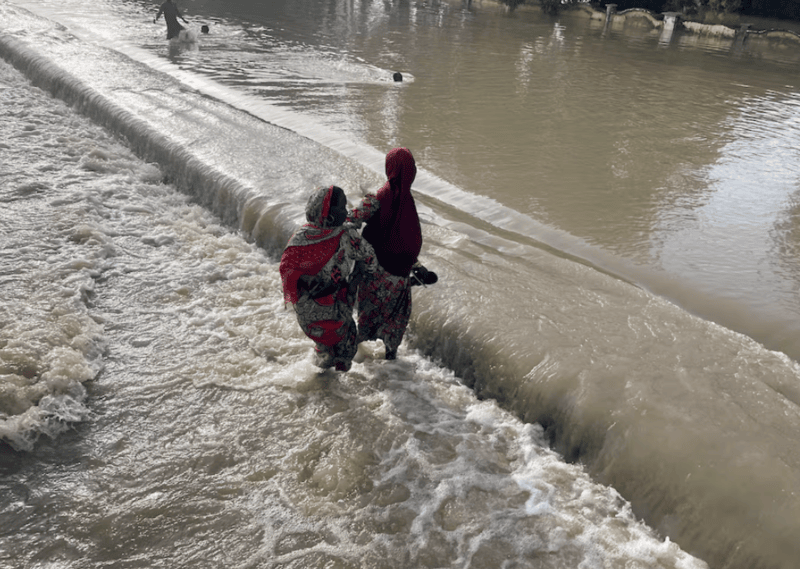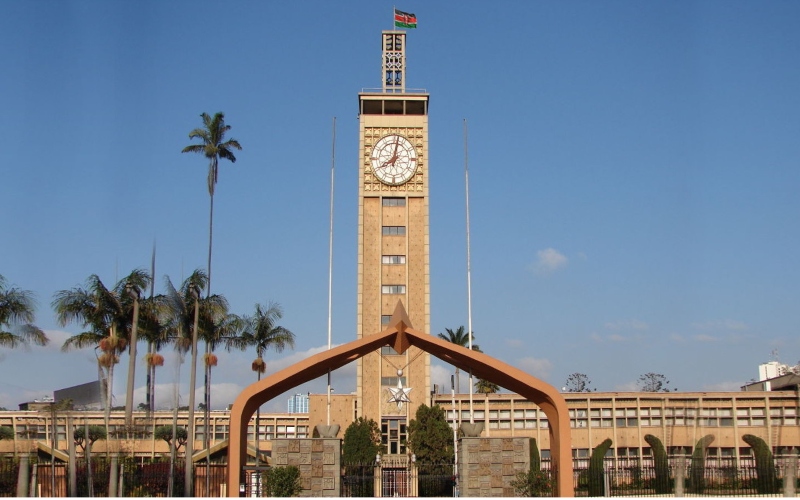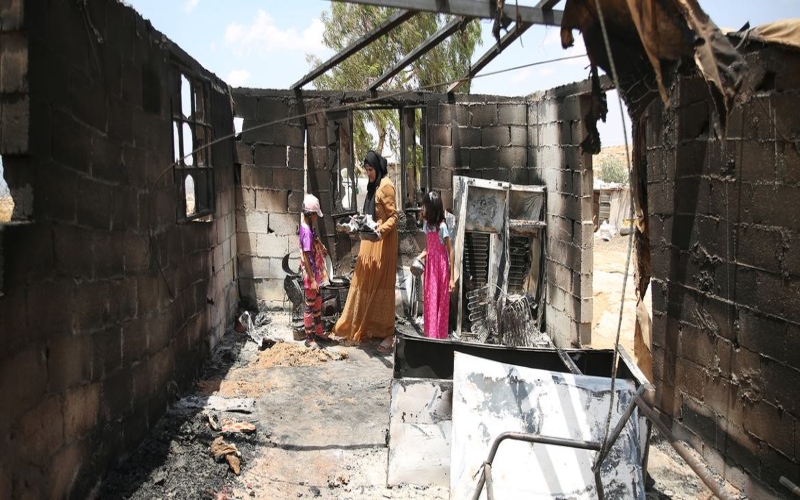Nigeria flags flood risk in 11 states as Cameroon releases dam water

Cameroon has several dams on the Benue River, which flows downstream to Nigeria.
Nigeria's hydrological services agency has warned of potential flooding in 11 states after neighbouring Cameroon said it was starting to release water from one of its largest dams following recent heavy rainfall in West and Central Africa.
The warning comes as Nigeria is already grappling with severe floods in northeastern Borno state where a dam burst its walls after heavy rains that have also caused floods in Cameroon, Chad, Mali and Niger - all part of Africa's Sahel region that usually receives little rain.
More To Read
The Nigeria Hydrological Services Agency (NIHSA) said it had been notified by authorities in Cameroon on Tuesday that they had started controlled water releases from Lagdo dam.
Cameroon has several dams on the Benue River, which flows downstream to Nigeria.
A spokesperson for Cameroon's utility ENEO, which manages the dam, told Reuters there was a possibility that the dam could be flooded, but the reservoirs had not been opened on Wednesday morning.
The NIHSA said Lagdo dam managers would gradually release water in a way not to exceed the capacity of the Benue river downstream to prevent flooding.
But 11 states, including Benue, Nasarawa and Kogi in the food producing central belt region and southern oil producing states of Bayelsa, Delta and Rivers were at risk, said NIHSA.
It urged federal and state authorities in Nigeria "to step up vigilance and deploy adequate preparedness measures to reduce possible impacts of flooding that may occur as a result of increase in flow levels of our major rivers at this period".
In 2022, Nigeria lost more than 600 people and farmlands to the worst flooding in a decade following heavy rain and after Cameroon released water from Lagdo dam.
Experts said then that Nigeria's failure to complete a dam of its own that was supposed to backstop the Cameroonian one worsened the disaster.
Nigeria, the most populous nation in Africa, is prone to flooding but critics say defective infrastructure and poor planning worsen the situation.
Top Stories Today













































